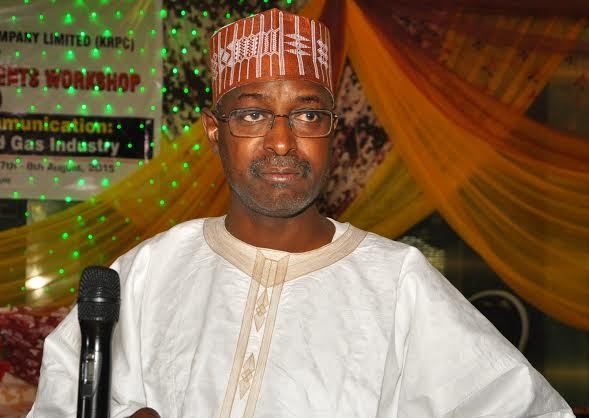The federal government has launched a new drive focused on technology-driven innovations to improve pasture production and management across the country.
To drive the move, the office of the Livestock Productivity and Resilience Support (L-PRES) programme brought together experts, stakeholders and international partners to a workshop to explore sustainable, climate-smart solutions to pasture scarcity, a leading cause of livestock underperformance and rural conflicts.
Cutting-edge tools such as GIS mapping, precision irrigation and rangeland management systems, along with policy frameworks and commercial models were the front burner issues brought forward to ensure long-term sustainability in pasture production.
Representative of the minister of livestock development, Idi Mukhtar Maiha, Dr Ishiak Bello emphasised the urgency of the initiative stressing that “This timely initiative is both forward-thinking and critical to the future of livestock productivity, food security, and peaceful coexistence across our nation.
We must leverage innovation and collaboration to confront challenges ranging from overgrazing and climate stress to rising tensions over scarce pastoral resources.”
The innovative drive was hinged on the themed Technologies for Sustainable Pasture Production and Management in Nigeria, organised by the World Bank-supported Livestock Productivity and Resilience Support (L-PRES) Project, a $500 million initiative spanning 2022 to 2028.
National Coordinator of L-PRES, Dr Sanusi Abubakar, described the workshop as a strategic intervention in one of the most fragile links in Nigeria’s livestock value chain.
“In livestock, we have two major drivers of conflict, water and pasture. What we are doing here is focusing on pasture, we want to commercialize pasture the same way you buy feed for poultry.
That way, you reduce the radius of cattle movement, reduce pressure on grazing lands, and minimise the conflicts.
We want to build resilient, self-sustaining livestock communities where technology supports productivity and peace, “ Dr Abubakar said.
The programme is also an avenue for international exchange, with countries like Brazil, the Netherlands, and Israel presenting technological innovations.
This edition spotlighted Israeli pasture technologies, with 20 Nigerian states participating to assess their adaptability.
Representing the Israeli Ministry of Agriculture and Food Security, Daniel Werner stressed the mutual benefits of the collaboration.
“Overgrazing, soil degradation and climate change are threatening pasturelands globally. We believe investment in pasture restoration will help Nigeria address these issues, we welcome this opportunity to support Nigeria through the Israeli Innovation Act and offer sustainable, practical solutions,”he said.
Experts at the event agreed that improving local pasture availability through innovation could significantly reduce farmer-herder conflicts and support peaceful co-existence.







